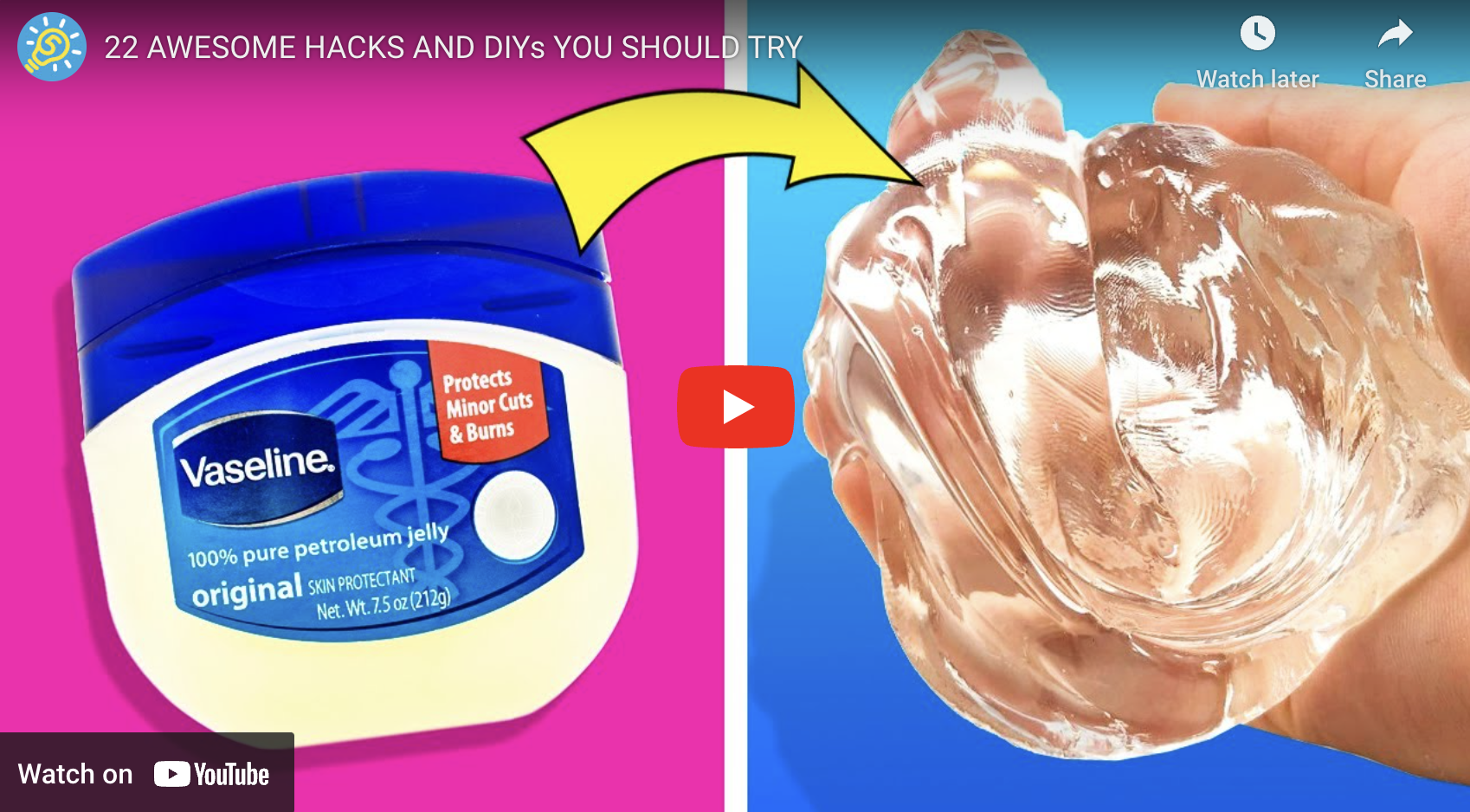Hard water stains can be a real headache when it comes to keeping your metal fixtures looking clean and shiny. Whether it’s your faucets, shower heads, or even your stainless steel appliances, those unsightly white marks can be a real eyesore. But fear not, there are plenty of DIY solutions out there to help you tackle those stubborn stains and get your metal looking like new again.
In this article, we’ll explore some effective methods for removing hard water stains from metal surfaces, as well as some interesting trends in the world of DIY cleaning. We’ll also address common concerns and questions related to this topic, and provide expert advice from professionals in the field. So grab your cleaning supplies and let’s get started!
**7 Interesting Trends in DIY Cleaning:**
1. **Natural Cleaning Solutions:** One of the biggest trends in DIY cleaning is the use of natural ingredients like vinegar, baking soda, and lemon juice to tackle tough stains. These eco-friendly options are not only effective, but they’re also safe for you and the environment.
2. **DIY Cleaning Hacks:** From using toothpaste to clean silverware to using dryer sheets to remove soap scum, DIY cleaning hacks are all the rage. People are getting creative with their cleaning solutions and finding new ways to make their chores easier and more efficient.
3. **Social Media Influence:** Platforms like TikTok and Instagram have become hubs for sharing cleaning tips and tricks. Influencers are posting videos of their cleaning routines and showcasing the power of DIY cleaning solutions, inspiring others to try them out for themselves.
4. **Upcycling and Repurposing:** DIY enthusiasts are finding ways to repurpose old items and turn them into new, functional pieces for their homes. From turning old jars into storage containers to repurposing wine bottles into vases, the possibilities are endless when it comes to upcycling.
5. **Minimalist Cleaning:** With the rise of minimalist living, people are looking for simple and effective cleaning solutions that don’t require a lot of clutter or excess products. DIY cleaning allows for a more streamlined approach to keeping your home clean and organized.
6. **DIY Cleaning Kits:** Companies are now offering DIY cleaning kits that contain all the ingredients and tools you need to tackle tough stains and keep your home sparkling clean. These kits are convenient and cost-effective, making it easier than ever to maintain a clean home.
7. **Community Cleaning Events:** Neighborhoods and communities are coming together to host cleaning events where residents can share tips, tricks, and DIY cleaning solutions. These events promote a sense of community and camaraderie, while also helping to keep the neighborhood looking its best.
**Expert Advice:**
– “When it comes to removing hard water stains from metal, it’s important to use a gentle cleaning solution that won’t damage the surface. A mixture of vinegar and water is a safe and effective option for tackling those stubborn stains.” – Cleaning Specialist
– “For stainless steel appliances, avoid using abrasive cleaners or scrubbing too vigorously, as this can cause scratches and damage the surface. Instead, opt for a soft cloth and a mild detergent to gently clean the metal.” – Appliance Repair Technician
– “Regular maintenance is key to preventing hard water stains from building up on your fixtures. Wipe down metal surfaces after each use to remove any excess water and prevent mineral deposits from forming.” – Home Cleaning Expert
– “Don’t underestimate the power of elbow grease when it comes to removing hard water stains. Sometimes a little bit of scrubbing is all it takes to restore your metal fixtures to their former glory.” – Cleaning Professional
**14 Common Concerns and Answers:**
1. **Will vinegar damage my metal fixtures?**
Vinegar is a safe and effective cleaning solution for most metal surfaces, but it’s always best to test it on a small, inconspicuous area first to ensure compatibility.
2. **How often should I clean my metal fixtures to prevent hard water stains?**
It’s a good idea to wipe down metal fixtures regularly to prevent mineral buildup. Aim for at least once a week to keep your fixtures looking shiny and clean.
3. **Can I use lemon juice instead of vinegar to remove hard water stains?**
Yes, lemon juice can be used as an alternative to vinegar for removing hard water stains. It has similar acidic properties that help break down mineral deposits.
4. **Will baking soda scratch my metal fixtures?**
Baking soda is a mild abrasive that can help scrub away hard water stains without damaging metal surfaces. Just be sure to use a soft cloth and gentle pressure when scrubbing.
5. **Are commercial cleaners better than DIY solutions for removing hard water stains?**
DIY solutions can be just as effective as commercial cleaners for removing hard water stains, and they’re often more affordable and eco-friendly.
6. **How long should I let a cleaning solution sit on my metal fixtures before rinsing?**
It’s best to let the cleaning solution sit for at least 10-15 minutes to allow it to break down the hard water stains before rinsing it off.
7. **Can I use a scrubbing brush to remove hard water stains from metal?**
A soft-bristled brush can be used to gently scrub away hard water stains, but be careful not to use too much pressure, as this can scratch the metal surface.
8. **Will rubbing alcohol help remove hard water stains from metal?**
Rubbing alcohol can be effective at breaking down hard water stains, especially on stainless steel surfaces. Just be sure to use it in a well-ventilated area.
9. **Can I use a magic eraser to remove hard water stains from metal?**
Magic erasers can be effective at removing tough stains, but be cautious when using them on metal surfaces, as they can be abrasive and potentially damage the finish.
10. **Should I use a polishing cloth after removing hard water stains from metal?**
Using a polishing cloth can help restore the shine to metal fixtures after removing hard water stains, giving them a like-new appearance.
11. **Will WD-40 help prevent hard water stains from forming on metal surfaces?**
WD-40 can help repel water and prevent mineral buildup on metal surfaces, making it a useful preventive measure against hard water stains.
12. **Can I use a steam cleaner to remove hard water stains from metal?**
Steam cleaners can be effective at removing hard water stains from metal surfaces, but be sure to follow the manufacturer’s instructions and avoid using excessive heat.
13. **Will a vinegar soak help remove stubborn hard water stains from metal?**
A vinegar soak can be a powerful way to break down stubborn hard water stains, especially on fixtures like shower heads and faucets. Just be sure to rinse thoroughly afterward.
14. **Should I wear gloves when using cleaning solutions to remove hard water stains from metal?**
It’s always a good idea to wear gloves when using cleaning solutions to protect your skin from irritation and to prevent any potential allergic reactions.
In conclusion, removing hard water stains from metal surfaces doesn’t have to be a daunting task. With the right cleaning solutions, some elbow grease, and a little know-how, you can keep your fixtures looking clean and shiny. By staying on top of regular maintenance and using gentle cleaning methods, you can effectively tackle those stubborn stains and restore your metal to its former glory. So roll up your sleeves and get ready to banish those hard water stains for good!
![[Mom Prepared]](https://momwithaprep.com/wp-content/uploads/2024/12/cropped-momlogo-244x56.png)

